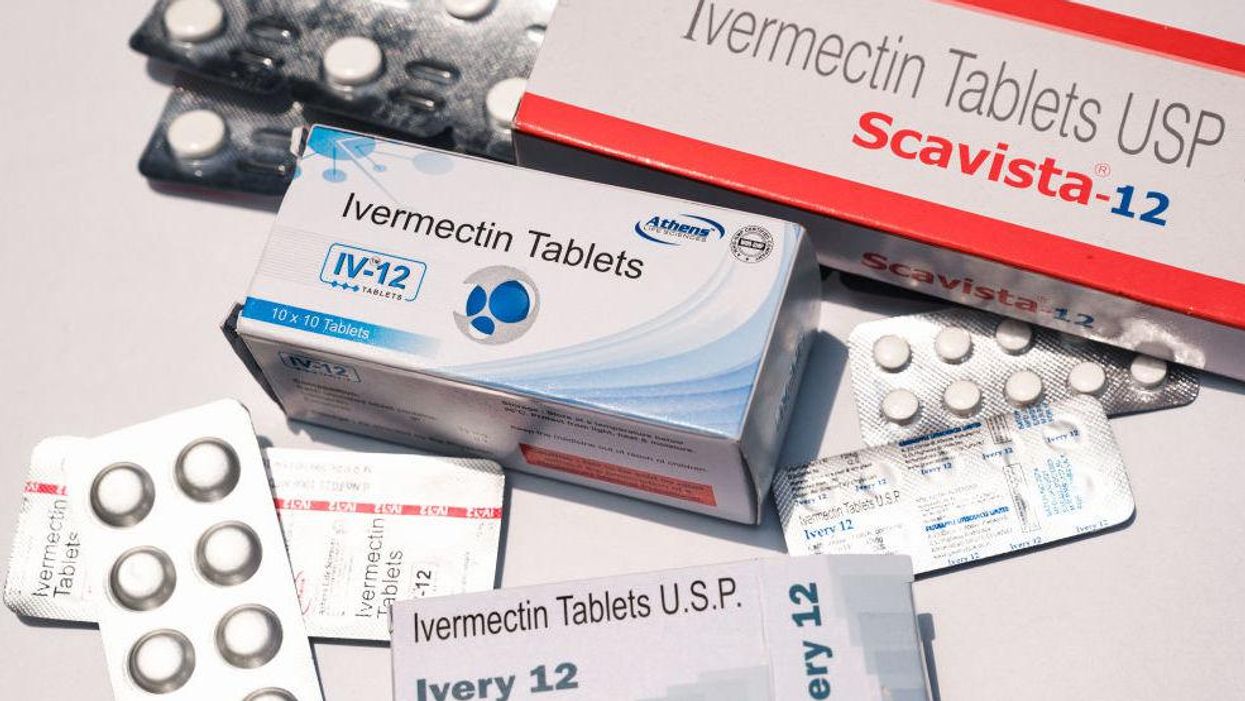
Soumyabrata Roy/NurPhoto via Getty Images

The New York Times quietly issued a major correction this week to a story that claimed a majority of recent calls to the Mississippi poison control were related to ivermectin consumption.
In a story published on Aug. 30 to further discredit the use of ivermectin to treat COVID-19, the Times claimed that 70% of calls to Mississippi poison control were related to ivermectin ingestion.
The newspaper reported:
Calls to poison control centers about ivermectin exposures have risen dramatically, jumping fivefold over their baseline in July, according to C.D.C. researchers, who cited data from the American Association of Poison Control Centers. Mississippi's health department said earlier this month that 70 percent of recent calls to the state poison control center had come from people who ingested ivermectin from livestock supply stores.
The Times, however, did not cite any evidence from the Mississippi State Department of Health to corroborate the eye-popping claim.
The Mississippi State Department of Health issued an advisory on Aug. 20 warning the Mississippi Poison Control Center "has received an increasing number of calls from individuals with potential ivermectin exposure." The advisory added that 70% of "the recent calls have been related to ingestion of livestock or animal formulations of ivermectin purchased at livestock supply centers."
On Aug. 25, the Mississippi health officials clarified their statistics. In fact, only 2% total calls were related to ivermectin ingestion while 70% of those were related to animal formulations of ivermectin.
"At least 2% of recent calls to the Mississippi Poison Control Center are about people ingesting ivermectin, with 70% of those calls being about livestock or animal formulations of the anti-parasite medicine purchased at livestock supply centers, Mississippi Department of Health officials said," the Associated Press reported.
Notice the Times published its story with the erroneous ivermectin claim five days after the Mississippi State Department of Health issued the clarification.
Investigative journalist Mary Beth Pfeiffer said she contacted the New York Times informing them of the erroneous information. The story was then quietly updated.
Editors at the Times removed the false statistic, but maintained the framing of the story and claimed the statistic was merely "misstated."
An editor's note at the bottom of the story reads:
An earlier version of this article misstated the percentage of recent calls to the Mississippi poison control center related to ivermectin. It was 2 percent, not 70 percent.
As Pfeiffer noted, "Poof. But damage done."